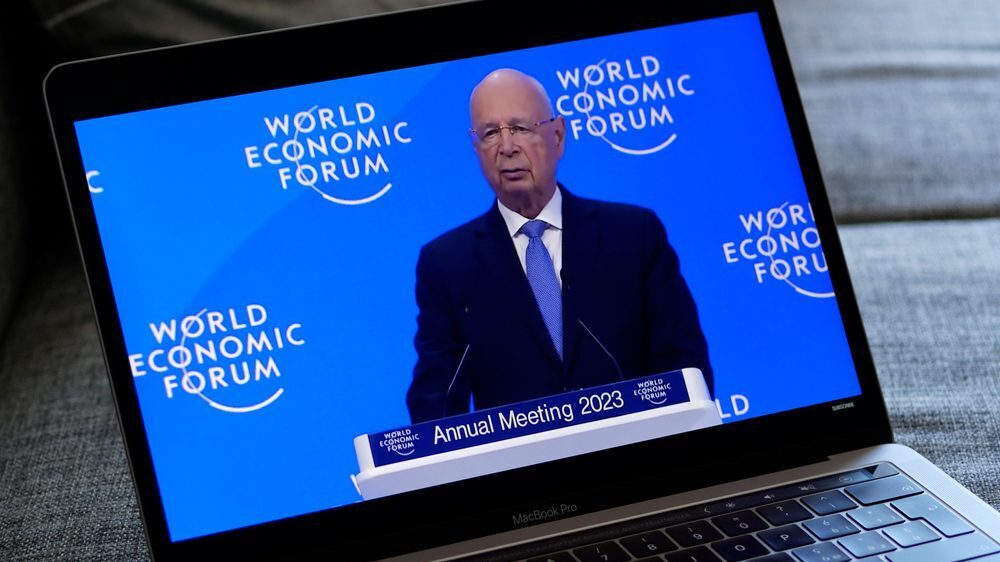
World Economic Forum Chairman Klaus Schwab.
Photo: Domenico Fornas / Shutterstock.com
World Economic Forum frontman Klaus Schwab touched down in Brussels last week for meetings with top-level EU officials involved with the European Green Deal, the controversial plan to retrofit the European economy in preparation for a decarbonised future. Schwab met with Green Deal architect Frans Timmermans as well as EU Council President Charles Michel in separate tête-à-têtes in Brussels on May 29th and 30th.
Schwab, the kingpin of the influential WEF network, garnered online notoriety in 2020 for debuting plans for a so-called “Great Reset” amid claims that he and other elites were engineering the COVID lockdowns for their social engineering purposes.
Schwab had met with Commission President Ursula von der Leyen earlier in the week, as the WEF chairman and his organisation have been taking a keen interest in the rollout of the European Green Deal throughout its inception.
Europe has seen growing discontent with top-down climate policies and calls to restrict economic activity. In the Netherlands, emission edicts have triggered a wave of farmer uprisings. In January, von der Leyen premiered the EU Green Industrial Plan at a WEF meeting. Critics, however, fear that Europe’s overly ambitious green policy risks deindustrialisation of the entire continent.
A regular guest at various EU institutions, Schwab has repeatedly defended the EU’s green policies which aim to reduce CO2 emissions by 55% by 2030 and direct major investments into green technology and infrastructure.
While the exact agenda of Schwab’s meetings with EU officials is unknown, Brussels has gotten into hot water recently for the foreign policy implications of its green transition plans, particularly overdependence on an increasingly distant China.
The WEF has previously congratulated the EU for pursuing a decarbonisation agenda with Schwab, a major figure in the EU Chips Act, intended to protect Europe’s supply of semiconductors from over-reliance on Chinese supply chains.
Klaus Schwab discusses the European Chips Act with Ursula von der Leyen. “An important step to create the physical brain for digitisation.” pic.twitter.com/1tUzf0olmY
— James Melville (@JamesMelville) November 25, 2022
The WEF has also lobbied the EU on prospective AI regulation with a widely debated AI Act passing the European Parliament last month amid fears that a looming technological revolution could transform the EU economy.
MEPs have previously questioned the WEF’s role in lobbying the EU Commission. Dutch MEP Marcel de Graaf questioned President von der Leyen’s exact relationship with Schwab over the issuing of vaccine contracts to Pfizer. Alongside the equally as infamous George Soros and the Open Society Foundations, Schwab has become a hate figure among European populists, often seen as the godfather of numerous globalist conspiracies.
According to insiders within the WEF, the 85-year-old Schwab is expected to stay in office until his death, but there is speculation about who will be his successor. Schwab founded the precursor of the WEF, the European Management Forum, in 1971 and has been a mainstay for multilateral policymaking for decades, linking business and politics.
